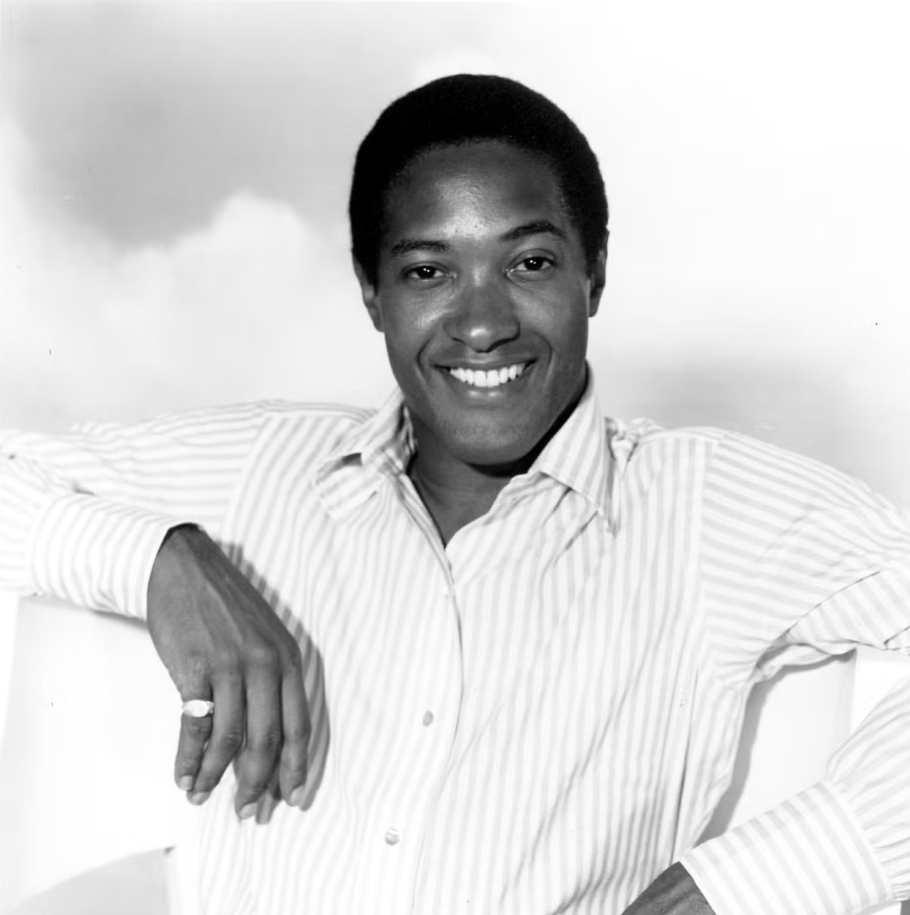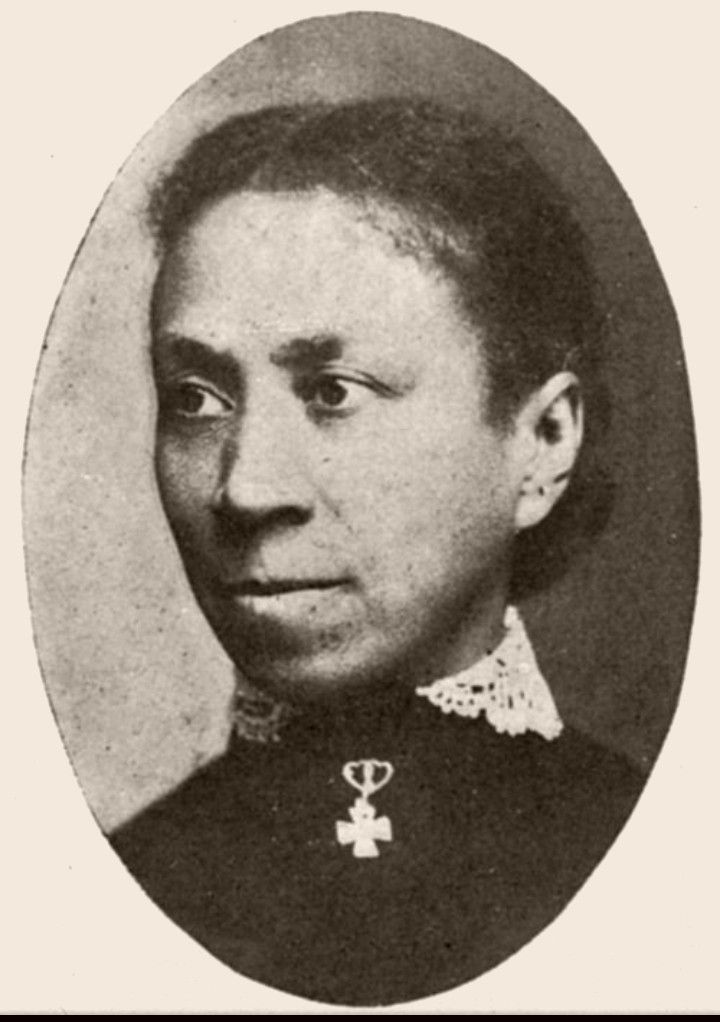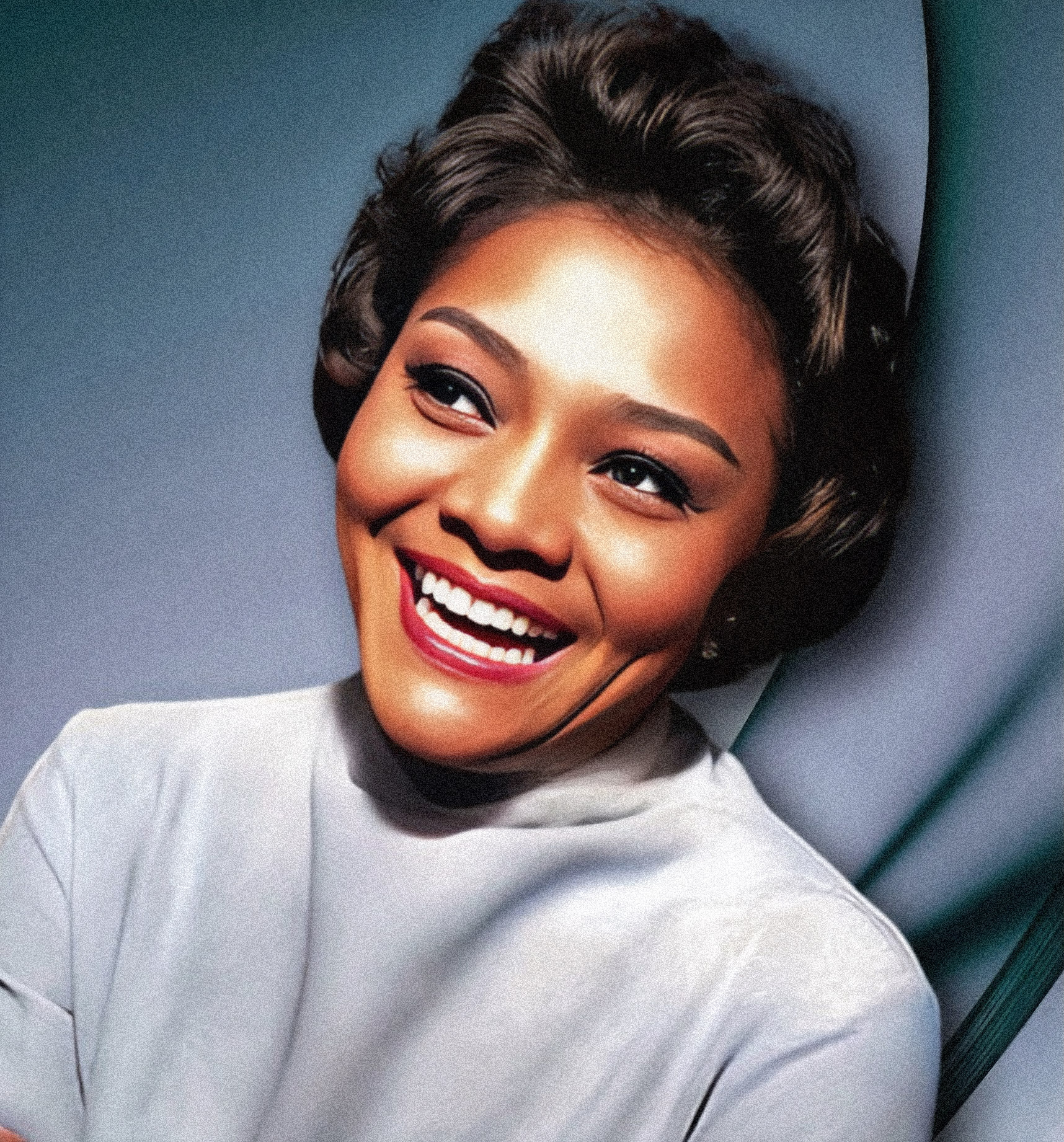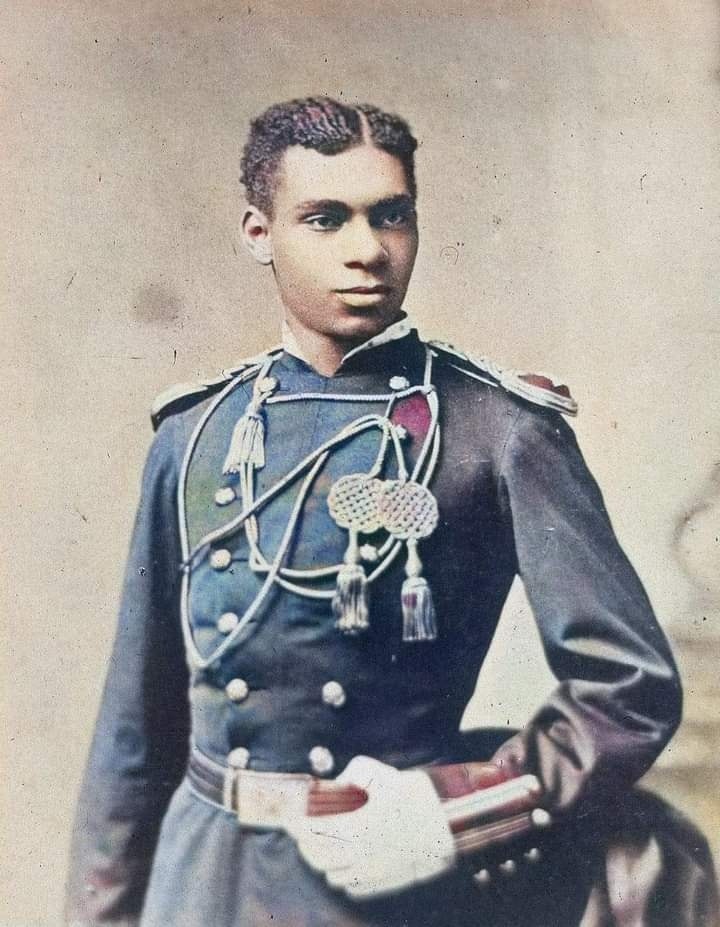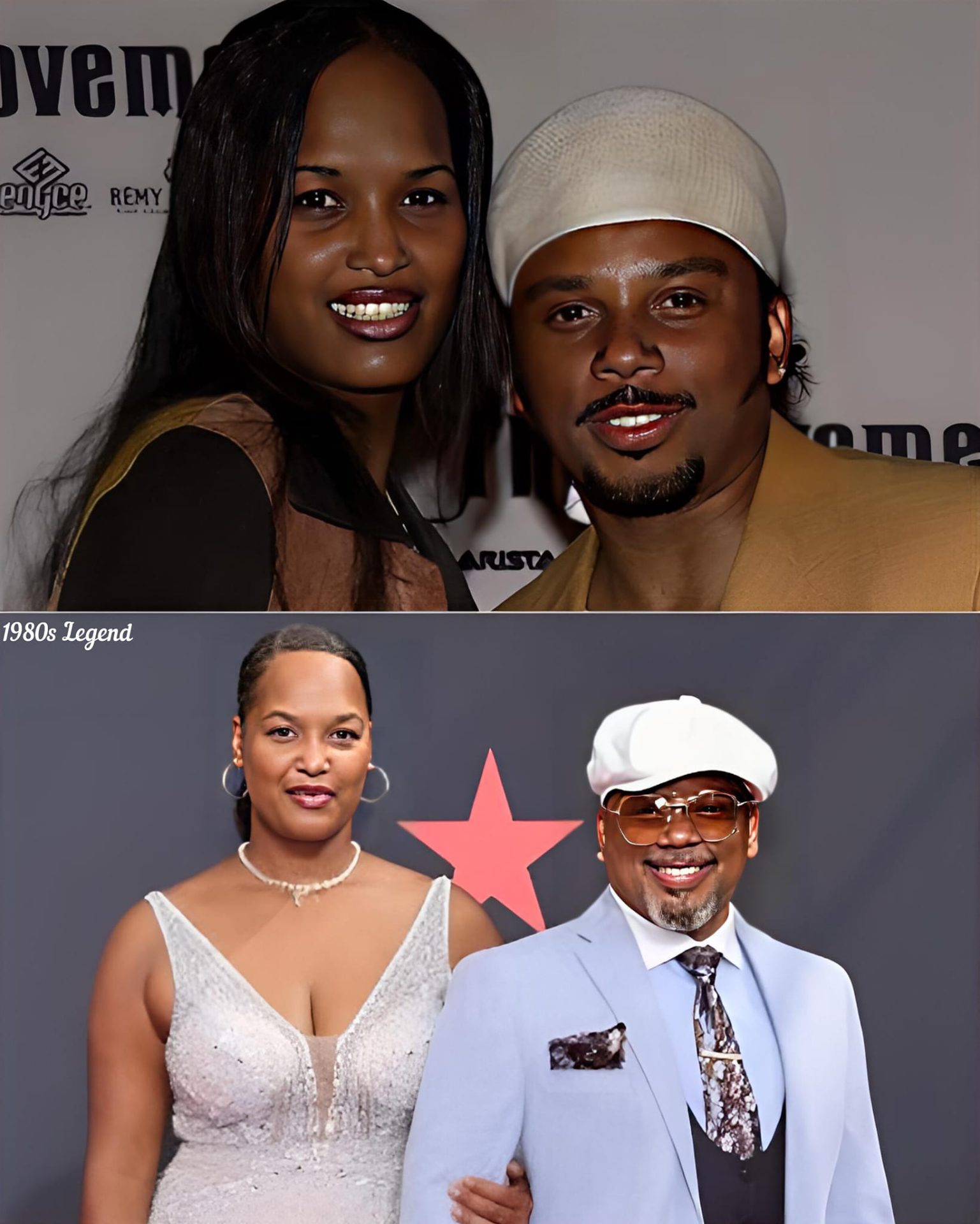NASA astronaut Jeanette Epps will join astronauts Sunita Williams and Josh Cassada as a crew member on the first operational flight of Boeing’s CST-100 Starliner spacecraft to the International Space Station (ISS), the agency announced Tuesday. The six-month expedition, which is planned to launch in 2021, will make Epps the first Black woman to live and work in space for an extended period of time.
“Jeanette Epps is the natural addition to NASA’s Boeing Starliner-1 mission,” Kathy Lueders, associate administrator for human exploration and operations at NASA headquarters, tells CNBC Make It in a statement. “She fully complements the other members of the first Boeing full duration crewed mission.”
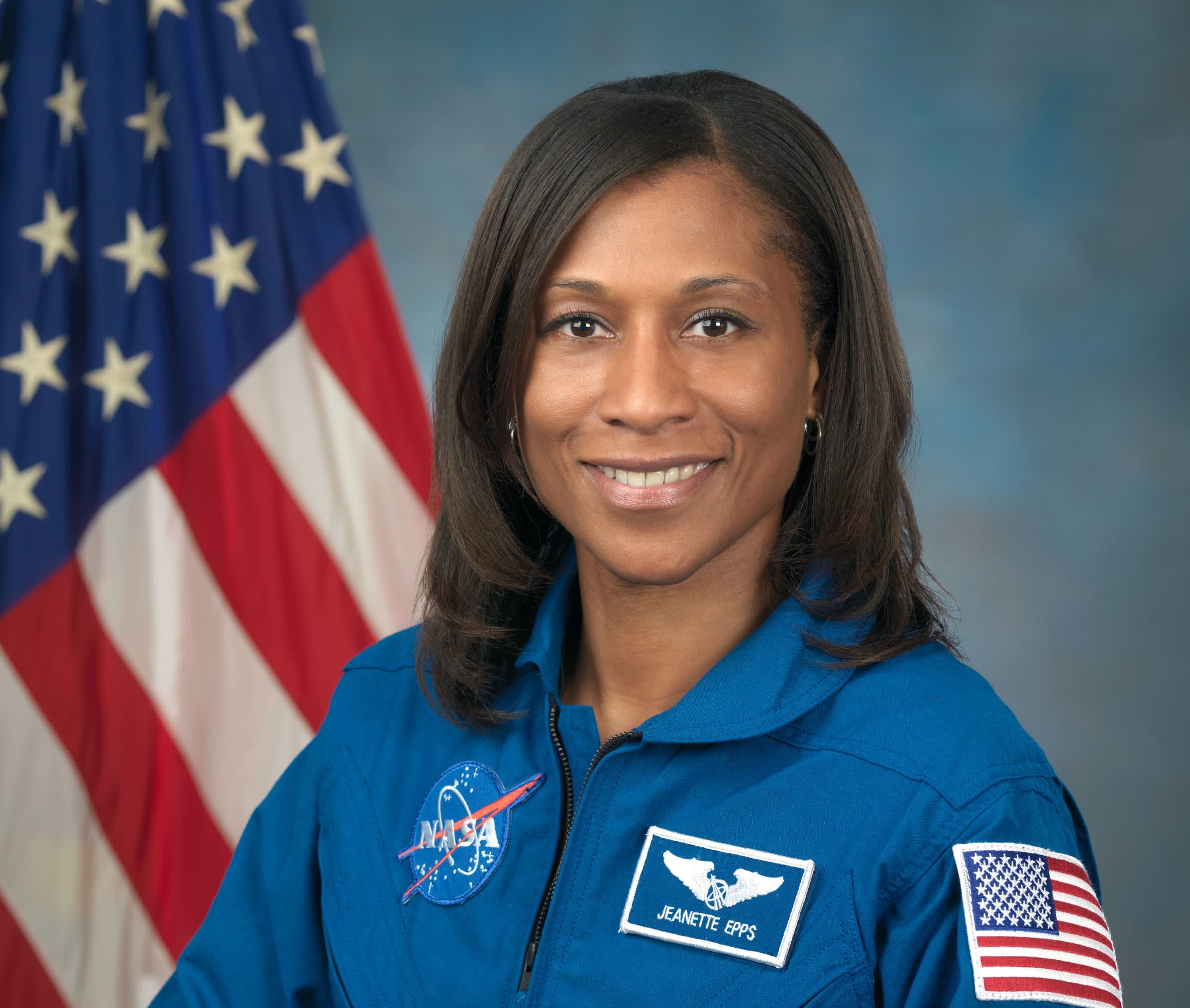
Epps responded to her new assignment in a Twitter video, saying she’s “looking forward to the mission” alongside Williams and Cassada.
A native of Syracuse, New York, Epps earned a bachelor’s degree in physics from LeMoyne College in 1992. In 1994, she earned a master’s degree in science from the University of Maryland, College Park and in 2000 she earned a doctorate degree from the same school in aerospace engineering. She worked seven years as a CIA technical intelligence officer before being selected to NASA’s 2009 astronaut class, according to the agency’s site.
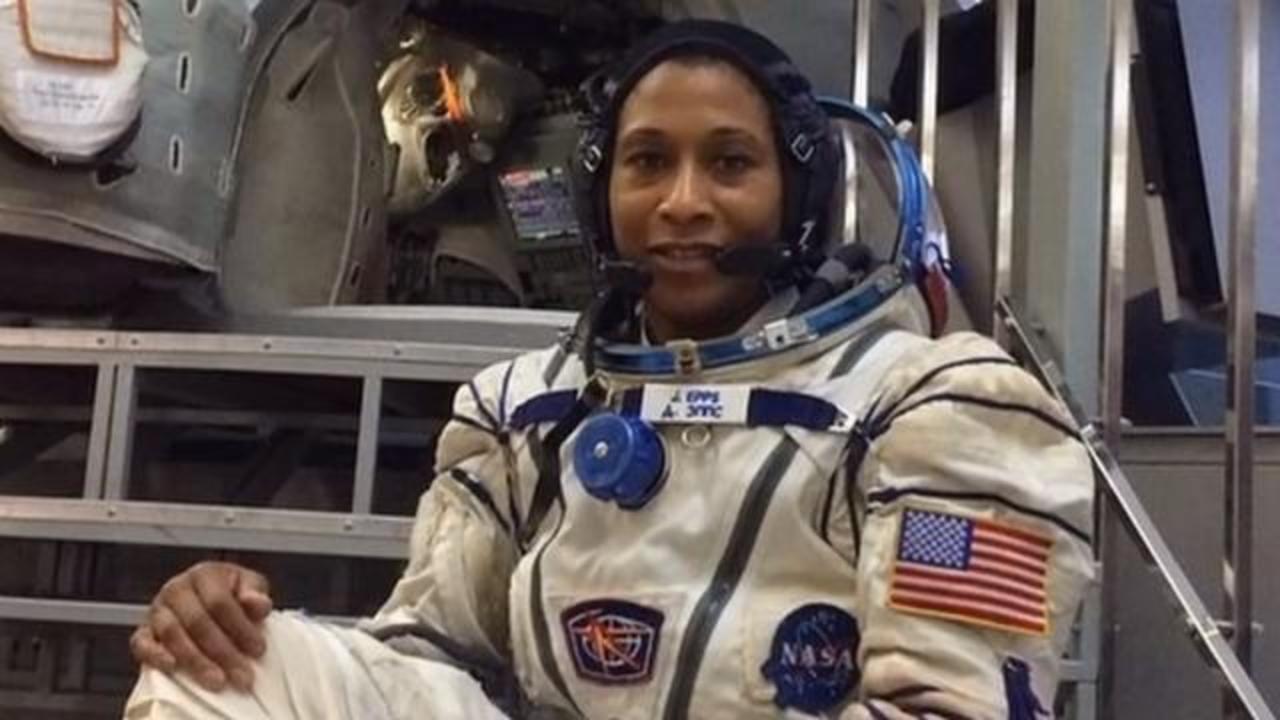
Her new assignment in space comes two years after she was was first tapped to become an ISS crew member aboard a Russian spacecraft, which would have made her the first Black astronaut, man or woman, on an extended space mission. But, at the last minute Epps, who had already trained for her role, was removed from the assignment without any explanation by NASA. Her brother, Henry Epps, blamed racism as the reason for his sister’s removal, but Epps told The Washington Post in 2018 that she could not comment on her brother’s remarks or the reason for the last-minute crew change.
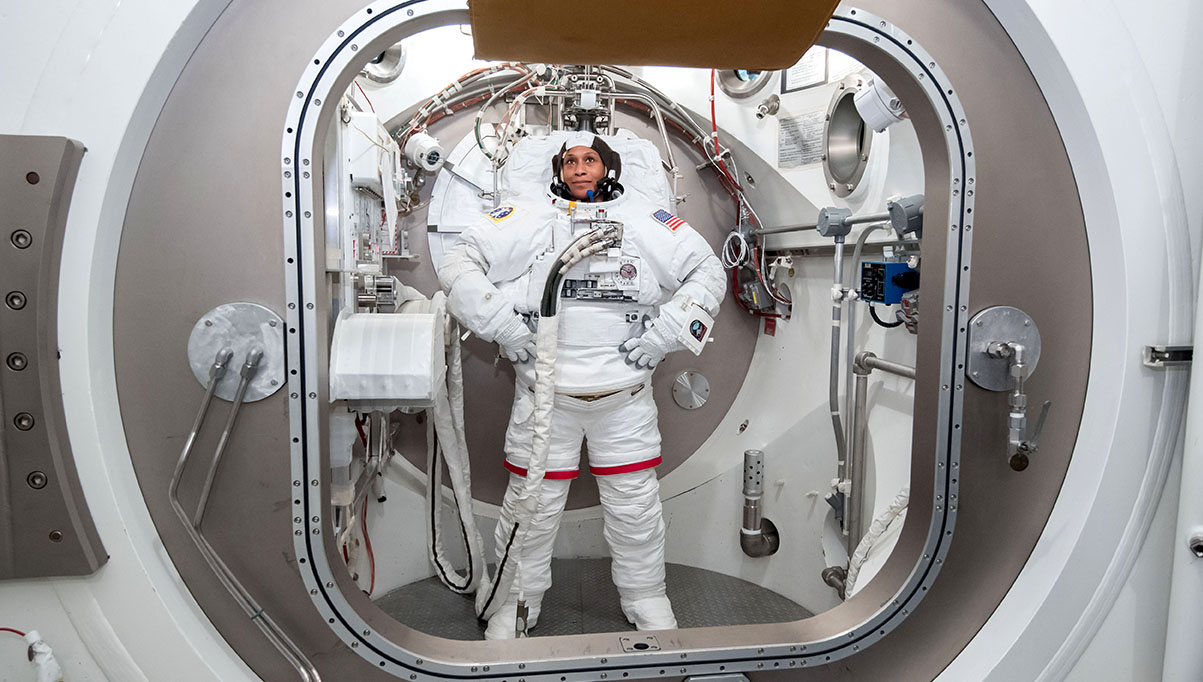
NASA responded to the accusations of racism being a factor by saying, “Diversity and inclusion are integral to mission success at NASA and we have a diverse astronaut corps reflective of that approach.”
Epps’ new ISS mission in 2021 will follow astronaut Victor Glover’s six-month ISS mission which is scheduled to launch no earlier than Oct. 23 of this year, which will make him the first Black male astronaut to go into space for an extended amount of time.
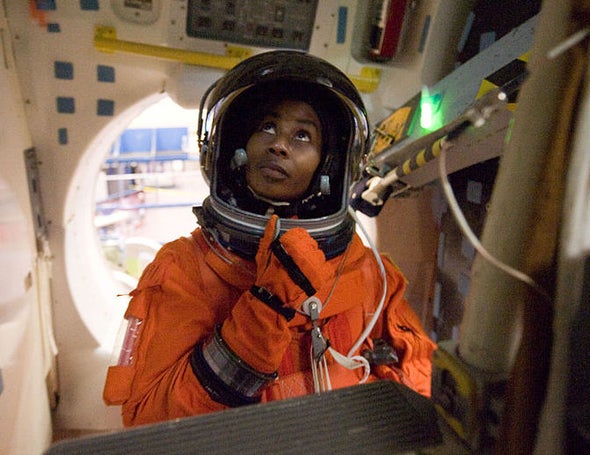
Though Epps and Glover are both set to make history as crew members on extended space missions, they are not the first Black astronauts to visit the ISS. NASA confirms that six Black Americans have visited the space station in the past, including Stephanie Wilson who has visited three times.
